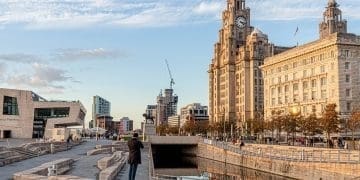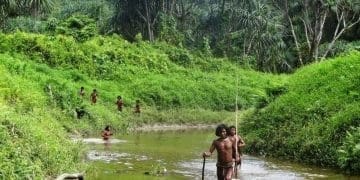WARNING: this story contains content that some readers may find distressing.
Women in northeast Syria are calling for feminists and women’s organisations worldwide to take action on the International Day for the Elimination of Violence against Women on 25 November.
Turkish-led forces invaded Rojava on 9 October. The women’s call reads:
Today, our region has become a war zone of international hegemonic forces. We as women in the region face the most heavy, organized, brutal and intensive sides of the violence in this war zone. In North and East Syria, in the occupational and genocidal war that Turkey started on the 9th of October; from the use of prohibited chemical weapons, torture, organized attacks and rapes, forced displacements and murders, women and children faced and continue to face various kinds of attacks. One of the biggest ecological, political, social, economical, demographic and cultural tragedies of history is taking place right now in North-East Syria and Rojava.
Solidarity actions are being called for between 25 October and 10 December.
The ‘organized and systematic violence of male’ domination
Kongra Star, the women’s organisation that made the call for action, is calling on people to commemorate three women who died during Turkey’s invasion. It links the violence women in Rojava are facing to the violence faced by women worldwide:
the violence we are facing is the fully equipped, organized and systematic violence of male hegemony [male domination of women], with the face of the dictatorship of Erdoğan and his gangs. Violence is consistently used when attacking the women’s revolution of Rojava.
Women’s revolution
In 2012, a revolution began in the majority-Kurdish region of Rojava in northern Syria. People organised themselves into communes, declared autonomy, and began practising stateless direct democracy. The revolution, however, was under threat from the very beginning, and has faced invasion by Daesh (Isis/Isil) and Turkey.
Women’s freedom is a key concept of the revolution in Rojava. . Women have fought against Daesh as part of the Women’s Protection Units (YPJ). Women’s organisations like Kongra Star are constantly trying to push forward the fight against male domination.
Kongra Star is calling for women worldwide to take action to commemorate three women who have been killed since 9 October: Hevrîn Khalef, Dayê Aqîde, and Amara Renas.
Hevrîn Khalef

Hevrîn Khalef was killed by Turkey-allied jihadists from the Ahrar-al-Sharqiya brigade in October 2019. According to Kongra Star:
On the 12th of October 2019, the co-president of the Syrian Future Party, Hevrîn Xalef [an alternative spelling of Khalef], was murdered together with eight other people, and her dead body was mistreated. Hevrîn Xalef, who was a leading force in the political field of the women’s revolution, fought for the unity and a dignified peace of the peoples in the city of Raqqa, which ISIS intended to declare as their capital. Through Hevrîn Xalef, an attempt was being made to a create system of equal representation and co-presidency, a new way of life and politics with the leading role of women.
Dayê Aqîde

On the 14th of October, Dayê Aqîde as a member of the women’s assembly for justice, took the road to Serêkanî to defend her lands as a human shield. She lost her life in the civilian convoy that was attacked by the air forces of the Turkish state. Through her, at the same time the connection of women with their lands, their love for their lands, was attacked too.
Amara Renas

Amara Renas was killed on 21 October, resisting the Turkish invasion. According to the women’s call:
The YPJ fighter Amara Renas was the successor of thousands of comrades who defeated ISIS. On the 21st of October, she was killed during her resistance against the ISIS gangs which now unite with the Erdoğan-AKP fascism. The gangs also mistreated her dead body. The attack on her was an attack against the organized self-defense of women.
‘Fill the streets’
The women’s call ends with a call to action to their comrades all over the world:
We call all women’s organizations and feminist movements and all the resisting women, academics and artists that have struggled all over the world since the occupation of Rojava started, to fill the streets with the colours of those three revolutionaries this 25th of November.
Featured image via RiseUp4Rojava









